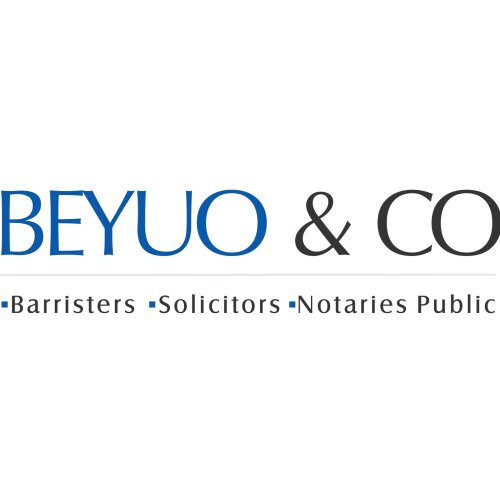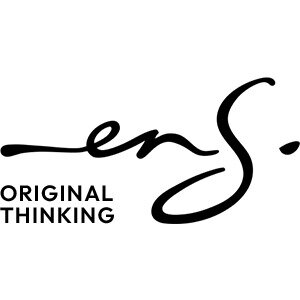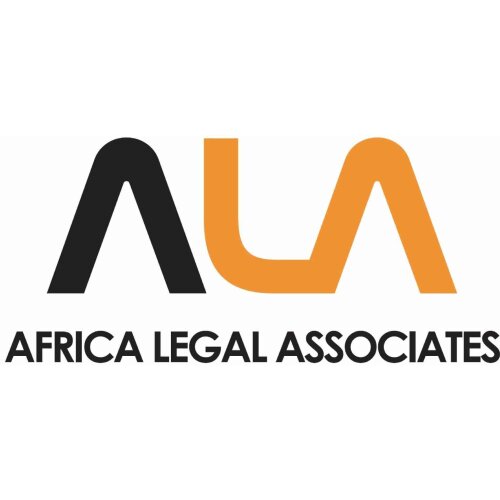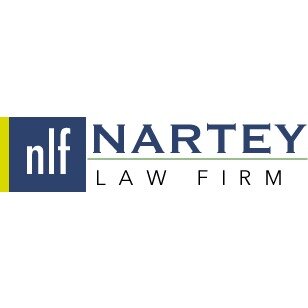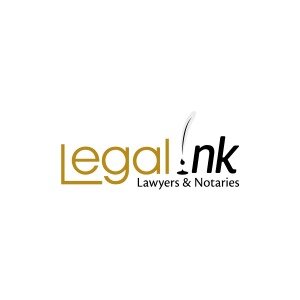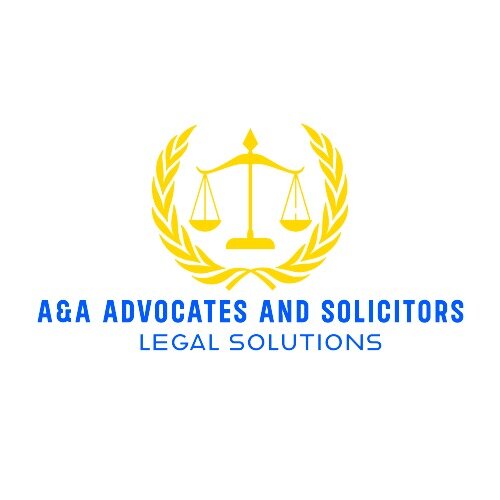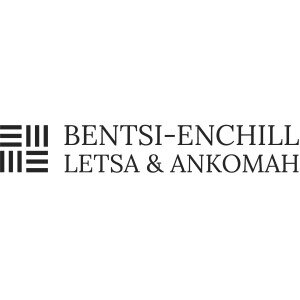Best General Litigation Lawyers in Ghana
Share your needs with us, get contacted by law firms.
Free. Takes 2 min.
Or refine your search by selecting a city:
List of the best lawyers in Ghana
About Litigation Law in Ghana
Litigation in Ghana involves the process of taking legal action in civil or criminal court to resolve disputes. The judicial system in Ghana is comprised of various levels of courts, including the Supreme Court, Court of Appeal, High Courts, and Circuit and District Courts. Litigation can encompass a wide range of cases, from commercial law disputes and family law matters to criminal cases. The legal process in Ghana is adversarial, which means that each party presents their case to an impartial judge or jury. Understanding the litigation process and the legal landscape is crucial for anyone considering legal action in the country.
Why You May Need a Lawyer
There are several situations where you may require legal assistance through litigation. These include:
- Contract Disputes: When parties breach or disagree on the terms of a contractual agreement, legal intervention may become necessary.
- Property Disputes: Issues such as land ownership or tenancy rights conflicts often require legal resolution.
- Family Law Matters: Divorce, child custody, and inheritance cases often end up in court.
- Criminal Charges: If you are charged with a crime, you will need a legal representative to defend you in court.
- Personal Injury Claims: Situations involving accidents and injuries might necessitate filing a lawsuit for compensation.
- Business Litigation: Commercial disputes, intellectual property issues, and partnership disagreements often require legal intervention.
Local Laws Overview
The legal framework for litigation in Ghana is influenced by a combination of statutory, customary, and common law. Key aspects include:
- Hierarchy of Laws: The Constitution of Ghana is the supreme law. Acts of Parliament, common law, and customary law also play important roles.
- Court Structure: The hierarchical judicial system allows for appeals to higher courts, starting from the District Courts up to the Supreme Court.
- Statutes and Acts: Various statutes govern different areas of law, including the Criminal and Other Offences Act, the Companies Act, and more.
- Customary Law: Customary law is recognized in personal and family matters, including disputes related to marriage and inheritance.
Frequently Asked Questions
1. What is the first step in starting litigation in Ghana?
Litigation typically begins with the filing of a writ or a complaint in the appropriate court, followed by serving it to the defendant.
2. How long does the litigation process take?
The duration can vary significantly depending on the complexity of the case, court schedules, and whether there are any appeals.
3. Can I represent myself in court?
Yes, individuals can represent themselves; however, having a lawyer is strongly recommended due to the complexity of legal procedures and rules.
4. What are the costs involved in litigation?
Costs can include court fees, legal representation, and other expenses related to gathering evidence and expert witnesses.
5. How are disputes resolved outside of court?
Alternative dispute resolution methods such as mediation and arbitration are available and sometimes encouraged to settle disputes more amicably.
6. What if I cannot afford a lawyer?
Legal aid services are available for individuals who meet specific criteria. Accessible through the Legal Aid Commission in Ghana.
7. What evidence is required for a civil case?
Evidence may include documents, witness testimonies, expert opinions, and other materials relevant to proving the case.
8. Can litigation be reopened after a resolution?
Under certain circumstances, cases can be reopened, especially if there is new evidence or procedural errors are identified.
9. What happens if the losing party does not comply with the judgment?
The winning party can seek enforcement through the court, which may include measures like garnishment or seizing assets.
10. How are appeals handled in Ghana?
Decisions from a lower court can be appealed in a higher court. Appeals must usually be filed within a specific timeframe after the judgment.
Additional Resources
Several resources and organizations can provide assistance with litigation needs:
- Legal Aid Commission: Provides legal aid services to those who qualify.
- Ghana Bar Association: A professional body that can offer referrals to qualified lawyers.
- Judicial Service of Ghana: Offers information about the court system and procedures.
- Ministry of Justice: Provides legal resources and information on legislation and legal reform.
Next Steps
If you require legal assistance with litigation, consider the following actions:
- Consult a Lawyer: Seek a consultation with a lawyer who specializes in the area of law relevant to your case.
- Gather Documentation: Collect all relevant documents and evidence pertaining to your legal issue.
- Research Legal Aid: If you cannot afford a lawyer, check if you qualify for assistance through the Legal Aid Commission.
- Consider Mediation: Explore alternative dispute resolution methods if suitable for your situation.
Taking informed and timely action will help protect your legal rights and interests effectively.
Lawzana helps you find the best lawyers and law firms in Ghana through a curated and pre-screened list of qualified legal professionals. Our platform offers rankings and detailed profiles of attorneys and law firms, allowing you to compare based on practice areas, including General Litigation, experience, and client feedback.
Each profile includes a description of the firm's areas of practice, client reviews, team members and partners, year of establishment, spoken languages, office locations, contact information, social media presence, and any published articles or resources. Most firms on our platform speak English and are experienced in both local and international legal matters.
Get a quote from top-rated law firms in Ghana — quickly, securely, and without unnecessary hassle.
Disclaimer:
The information provided on this page is for general informational purposes only and does not constitute legal advice. While we strive to ensure the accuracy and relevance of the content, legal information may change over time, and interpretations of the law can vary. You should always consult with a qualified legal professional for advice specific to your situation.
We disclaim all liability for actions taken or not taken based on the content of this page. If you believe any information is incorrect or outdated, please contact us, and we will review and update it where appropriate.
Browse general litigation law firms by city in Ghana
Refine your search by selecting a city.




